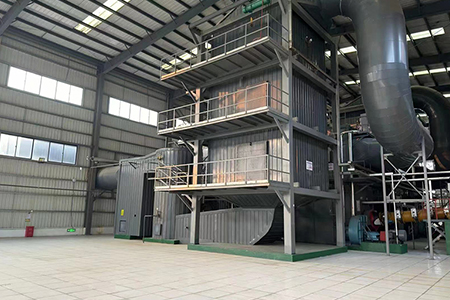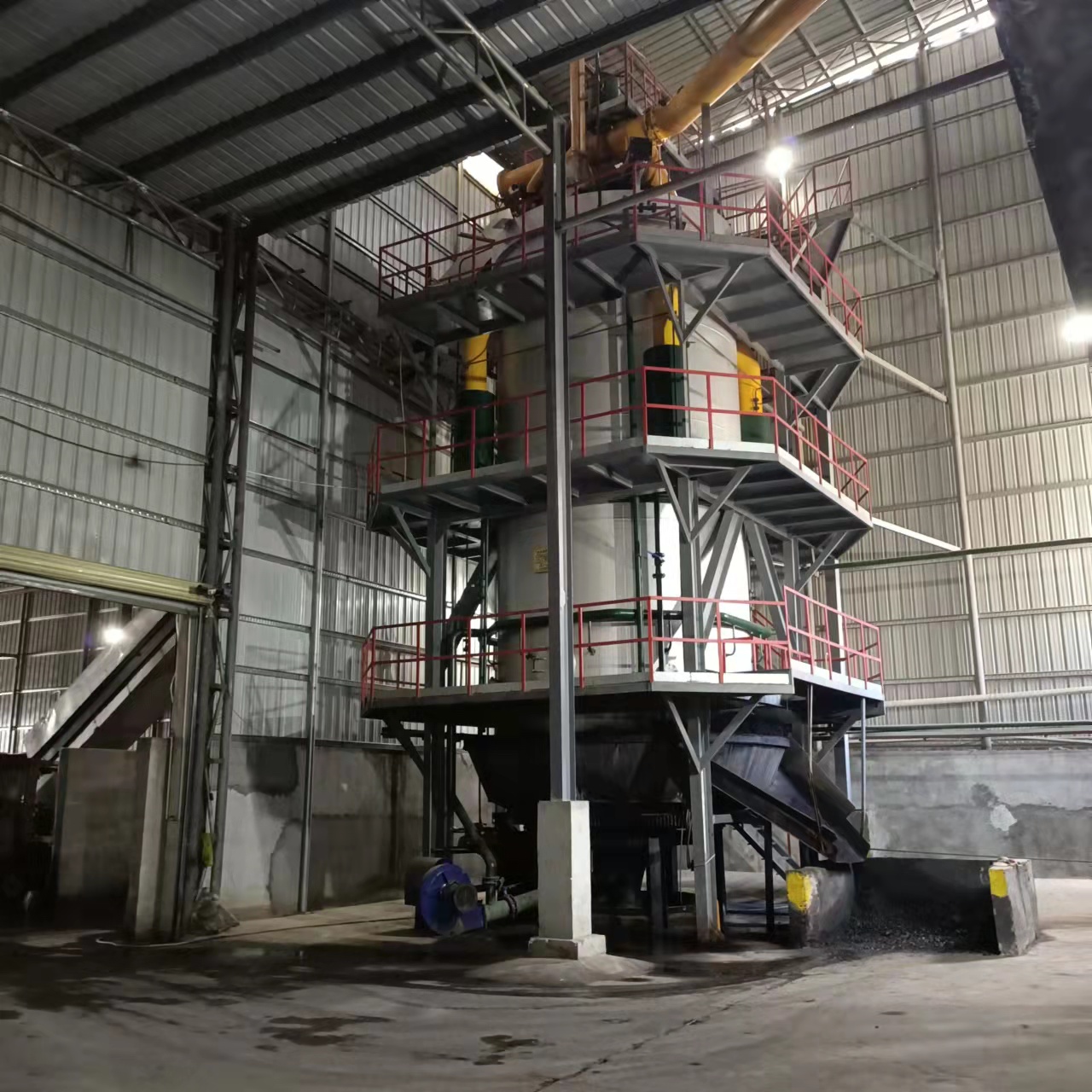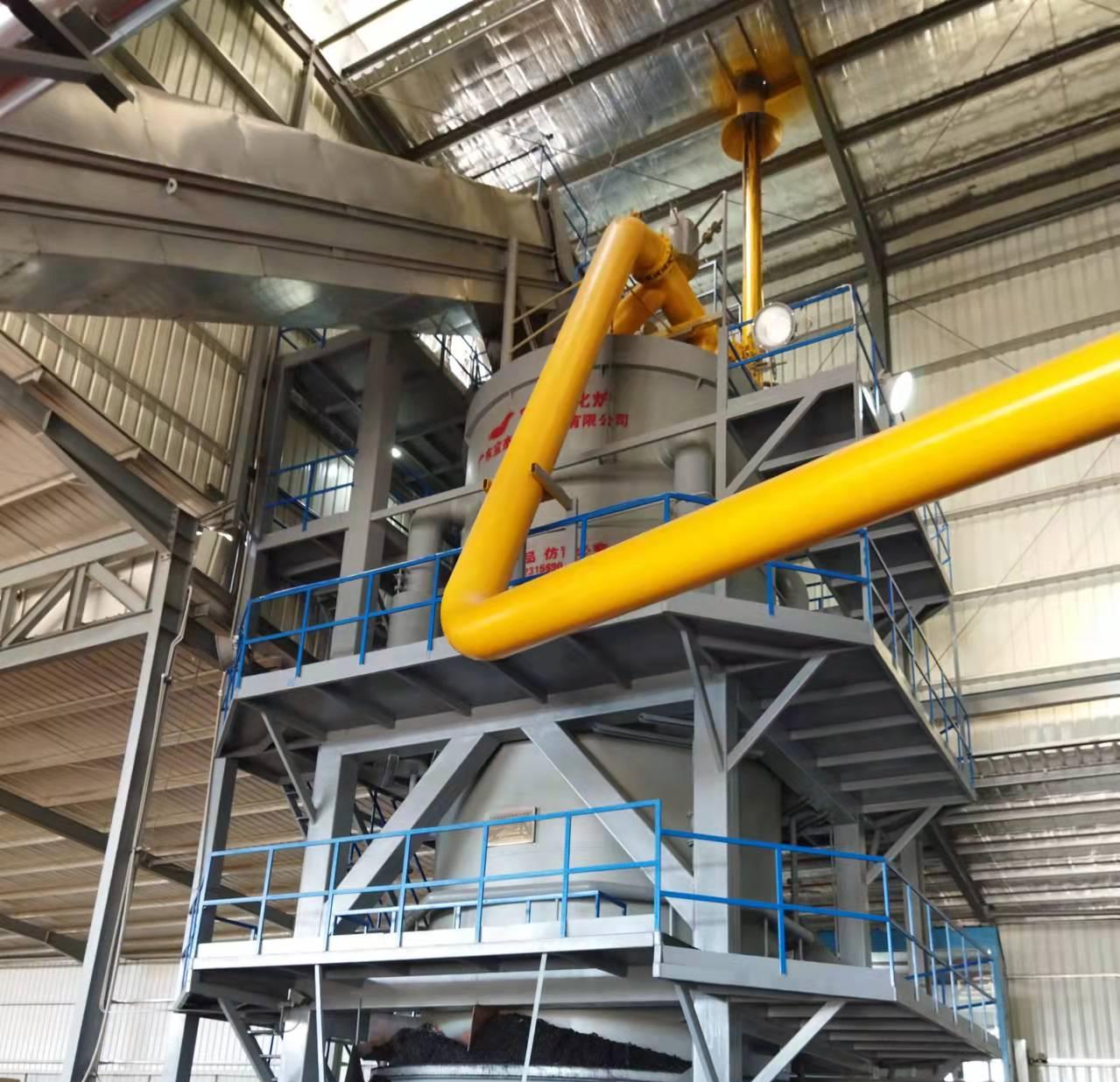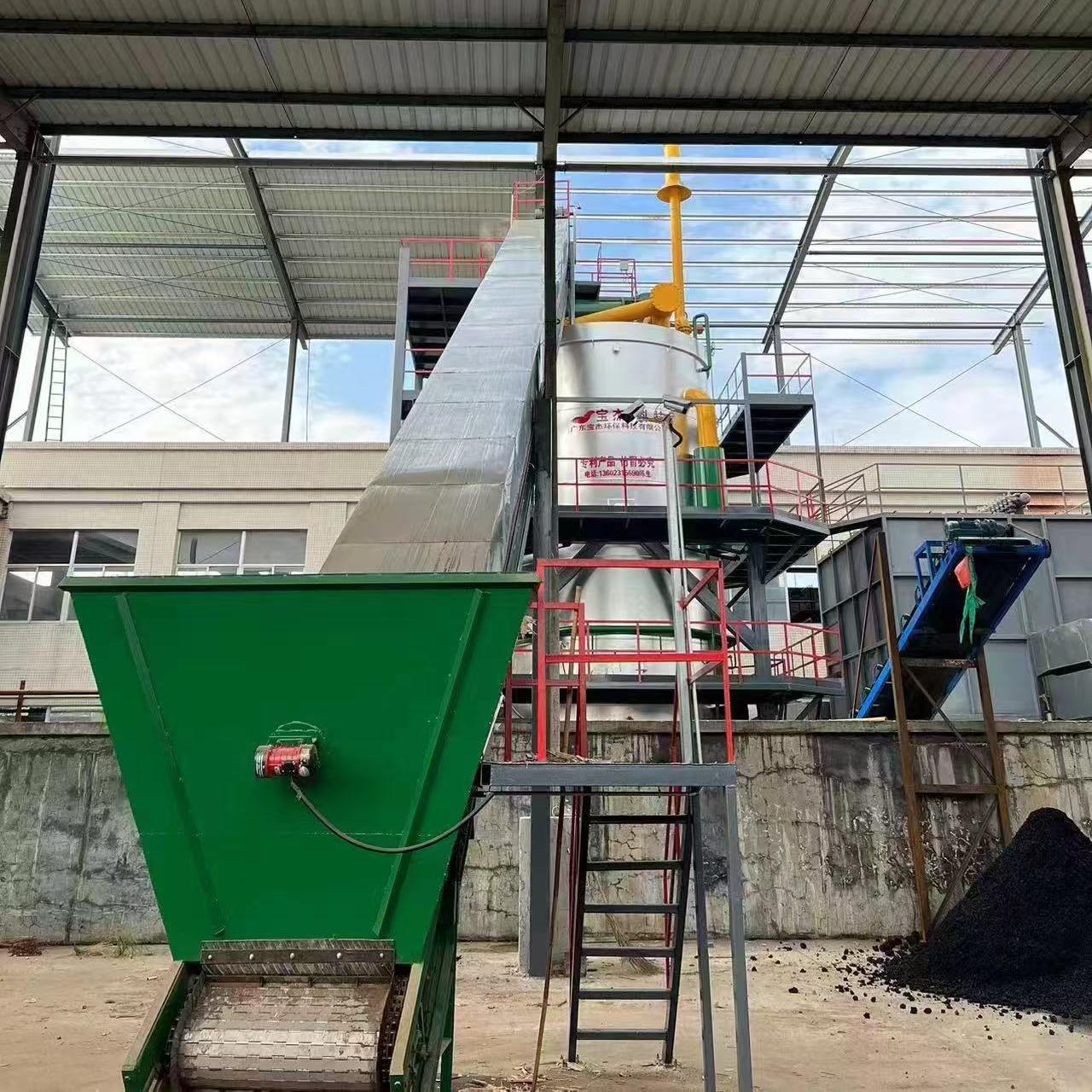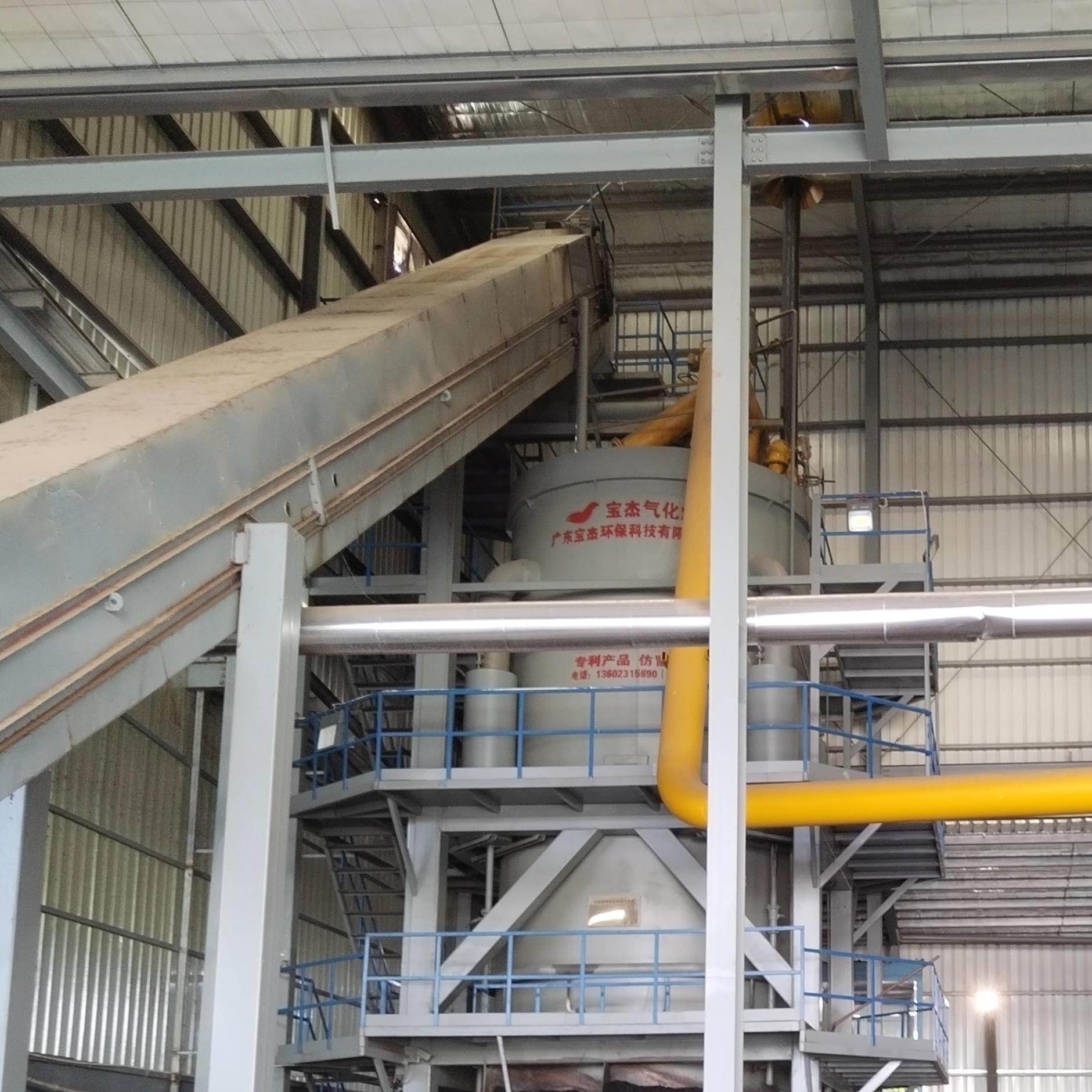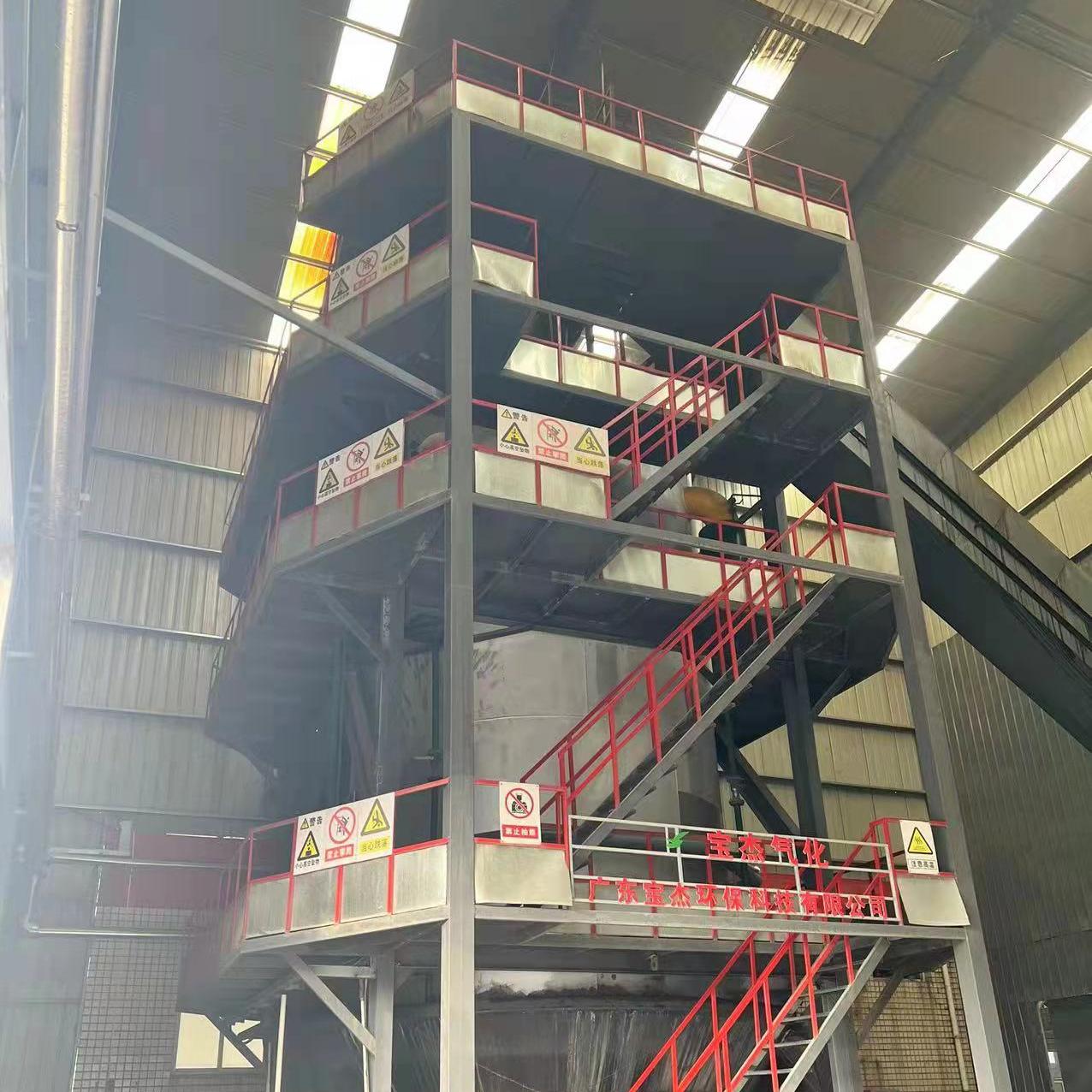R&D and manufacture of biomass gasification equipment, environmental protection equipment, boiler equipment, investment in heating (steam) energy operation and management.
Tel:+86 0769-82928980
E-mail:[email protected]
Web Menu
Product Search
Exit Menu
Industry News
Can Biomass Gasification Be the Key to a Cleaner and More Sustainable Energy Future?
As the world grapples with the dual challenges of climate change and depleting fossil fuels, the quest for cleaner, renewable energy sources has never been more urgent. One promising technology at the intersection of energy production and waste management is biomass gasification. This innovative process transforms organic waste materials into valuable syngas, offering a cleaner alternative to fossil fuels and a pathway toward a more circular economy.
The Gasification Process Explained
The gasification process generally consists of four key stages:
Drying: Biomass feedstock is dried to reduce moisture content, improving thermal efficiency.
Pyrolysis: In the absence of oxygen, biomass is heated, causing it to decompose into volatile gases, tar, and char.
Combustion: A controlled amount of oxygen is introduced to combust part of the char, generating the heat required for gasification.
Gasification: The remaining carbon reacts with steam and carbon dioxide to produce syngas.
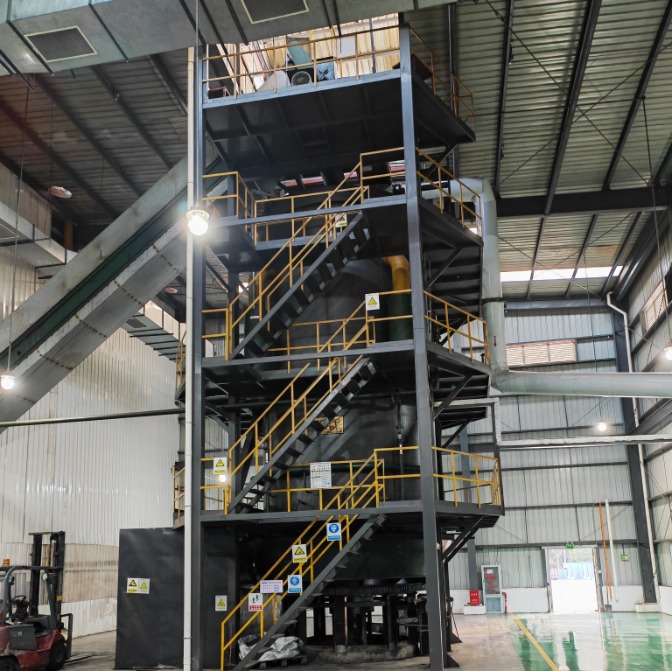
This gas can be cleaned, filtered, and used in a variety of applications ranging from power generation to biofuel production.
Advantages of Biomass Gasification
Renewable Energy Source
Since biomass is derived from organic matter, it is renewable and carbon-neutral over its lifecycle. Gasification provides a way to harness this energy in a clean and efficient manner.
Waste Reduction
Biomass gasification helps divert agricultural residues, forestry by-products, and organic waste from landfills, turning potential pollutants into energy.
Lower Emissions
Compared to direct combustion or fossil fuels, gasification produces significantly lower levels of greenhouse gases, sulfur oxides (SOx), and nitrogen oxides (NOx).
Versatility of End Products
Syngas can be used for:
Electricity generation in gas turbines or engines.
Heat for industrial or residential applications.
Production of liquid biofuels, such as methanol or Fischer-Tropsch diesel.
Chemical synthesis for ammonia or hydrogen production.
Energy Efficiency
Biomass gasification is more efficient than traditional biomass combustion, especially when integrated into combined heat and power (CHP) systems.
Applications in Various Sectors
Power Plants: Many small- and medium-scale gasification units are being used in rural areas to produce decentralized, off-grid electricity.
Industrial Boilers: Syngas can replace fossil fuels in industrial heating applications.
Transportation Fuels: With additional processing, syngas can be converted into advanced biofuels, offering a cleaner option for aviation, shipping, and trucking industries.
Green Hydrogen Production: Hydrogen extracted from syngas can be used in fuel cells and other clean energy technologies.
Challenges and Considerations
Despite its many advantages, biomass gasification faces several challenges:
Tar Formation: Tars and particulates in raw syngas can clog engines or turbines if not adequately cleaned.
Feedstock Variability: Inconsistent quality or moisture content in biomass can affect gasification performance.
Capital Costs: Initial investment for gasification plants and gas cleaning systems can be high, especially for small-scale units.
Technology Maturity: While the process is well-understood, commercial deployment still lags behind other renewable technologies like solar and wind.
Future Outlook
The future of biomass gasification looks promising as technology advances and policy support for renewable energy grows. Integration with carbon capture and storage (CCS) could make it not just carbon-neutral, but carbon-negative, contributing to net-zero emissions targets.
Moreover, as circular economy principles become mainstream, biomass gasification offers a perfect solution: turning waste into wealth, and pollution into power.
Governments, private companies, and research institutions are investing heavily in improving gasification technology—focusing on modular systems, better feedstock pre-treatment, and improved gas cleaning systems.
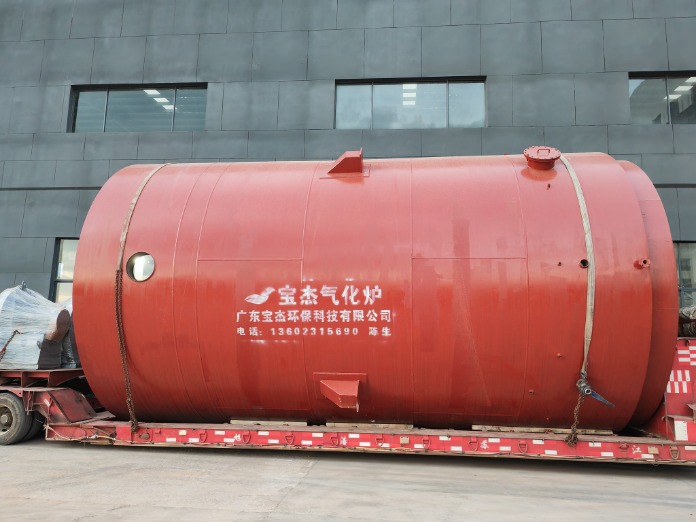
Quick Links
Products
contact Us
 Tel: +86 0769-82928980
Tel: +86 0769-82928980 Fax: [email protected]
Fax: [email protected] E-mail: [email protected]
E-mail: [email protected] Company Address: Dalang Chamber of Commerce Building, No. 288 Yinlang South Road, Dalang Town, Dongguan City 13333, China
Company Address: Dalang Chamber of Commerce Building, No. 288 Yinlang South Road, Dalang Town, Dongguan City 13333, China Factory Add:
West side of Centre Road and south side of Zhongyuan Road within Hongcaoyuan, Hongcao Town, Shanwei Urban District
Factory Add:
West side of Centre Road and south side of Zhongyuan Road within Hongcaoyuan, Hongcao Town, Shanwei Urban District
Copyright© 2022 Guangdong Bao Jie Technology Co., Ltd.All Rights Reserved.


 EN
EN 